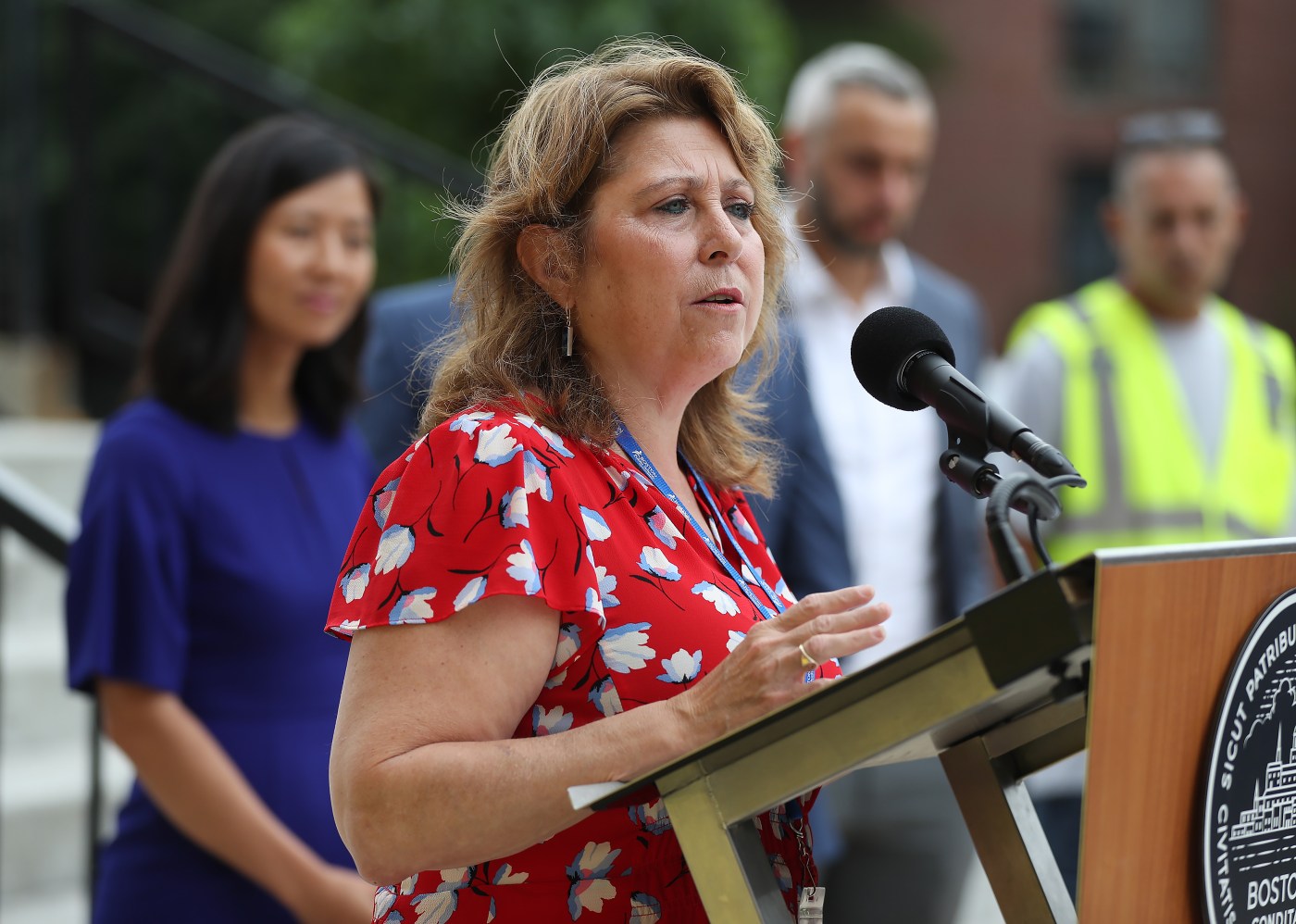
Editorial: BPS exam school move a win for parents, kids
Boston parents and schoolchildren scored a win this week as Boston Public Schools Superintendent Mary Skipper announced changes to its controversial exam schools admission policy. It was a victory for parents who spoke up and pushed back against seats going to students based on socioeconomic status and location rather than simply grades and test scores.
In tweaking the policy, BPS racked up a win of its own. It showed it was willing to listen to Boston parents and make adjustments in a timely manner, even though the policy wasn’t due to be reviewed for five years.
It started, as most things do in Boston these days, by a progressive push to boost diversity in exam schools. The new BPS policy, adopted within the last year, took a student’s testing score and GPA points, then awarded 10 additional points to students who attend a school enrolling 40% or more economically disadvantaged students and 15 points to students who are in state care, in affordable housing or homeless. Students are broken into eight socioeconomic tiers based on the demographics of where they live, and each tier allocated the same number of seats.
Students who fell outside of these parameters or zip codes, despite how hard they applied themselves to their studies, were out of luck.
As the Herald reported, many parents were not happy with the school committee. “This is my daughter you’re talking about. First you call her an unintended consequence — she’s a human. And now this proves that all her hard work was for nothing,” said BPS parent Mano Katsompenakis.
It wasn’t just parents who pointed out flaws in the new policy.
“I have so many friends and teammates from my street in my neighborhood who got into exam schools with scores much lower than mine because they attended a bonus-point school,” Eliot School seventh grader Grace Nothnagel told the Herald.
All students, regardless of where they live or their financial circumstances, should have a chance at acceptance at an exam school – based on their grades and performance. And if they attend schools without the same resources as those who produce top-tier students, or struggle with homelessness and other factors that impair the ability to learn and study, then it’s on the schools to up their game.
While BPS honchos have been parsing zip codes and school points, the problem of absenteeism has gone largely unaddressed.
“I am considering proposing increasing the weight of chronic absenteeism in the district and school accountability system to highlight the importance and urgency of the issue,” said Education Commissioner Jeffrey Riley. “And we want to make sure that we put out grants and offer the technical assistance — like webinars and other things — to support our districts as they better engage our families.”
Kudos to BPS officials for making changes to the exam admissions policy – but there is more work to be done for Boston’s parents and schoolchildren. Getting a seat at an exam school should be attainable for every Boston schoolchild, based on the quality of their education, their effort and a parent/school support system.
This move by BPS is a positive sign that that is achievable.
Editorial cartoon by Gary Varvel (Creators Syndicate)


